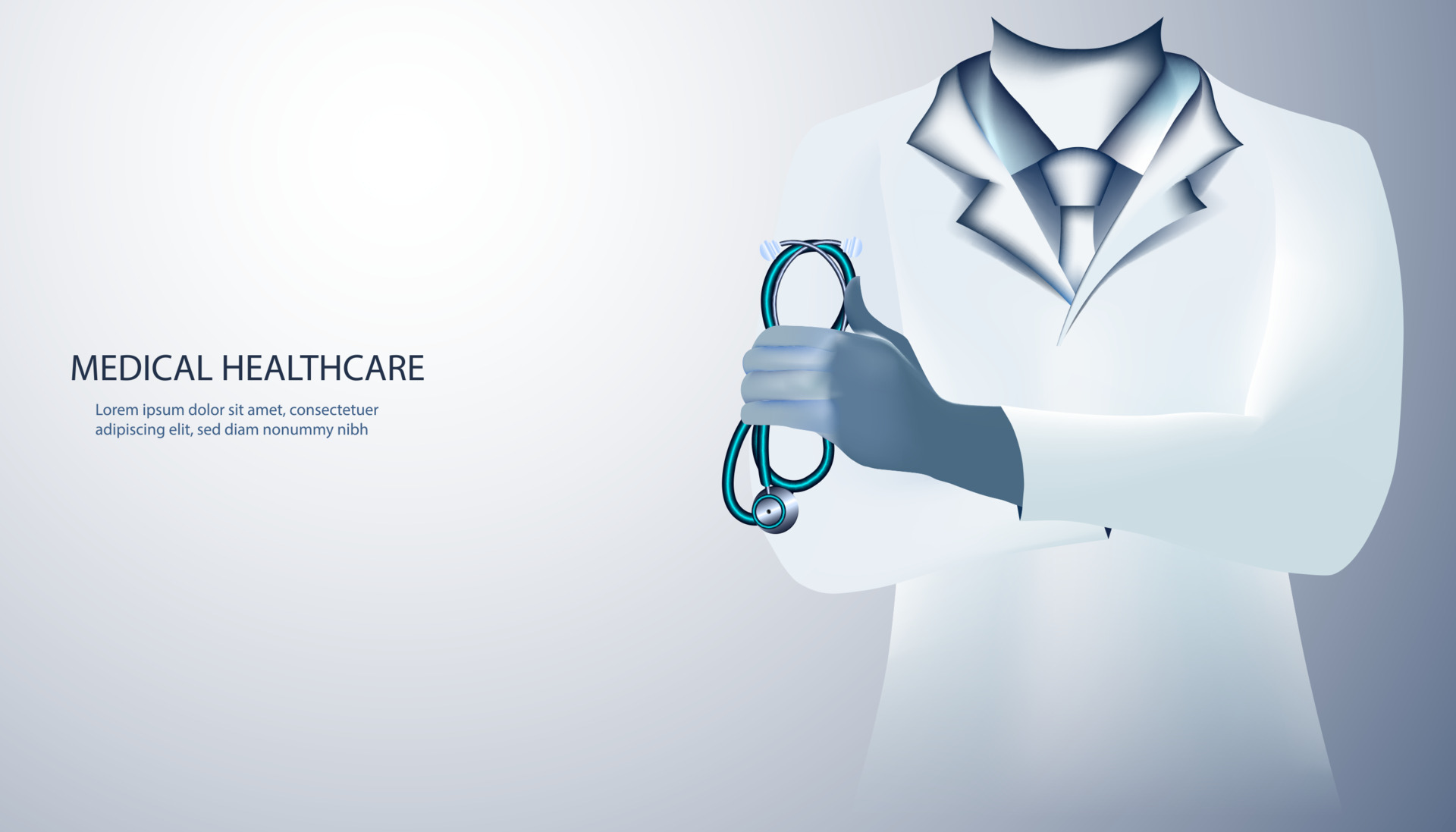Clinical Research: An Essential Tool for Drug Development
Clinical Research: An Essential Tool for Drug Development
Blog Article

Clinical research plays a pivotal role in the drug development process, serving as the bridge between scientific discovery and therapeutic intervention. It involves systematic investigation aimed at answering specific health-related questions, and its findings are crucial in determining the safety and efficacy of new medications. As the pharmaceutical industry continues to evolve, the significance of clinical research becomes increasingly apparent, driving advancements in treatment options for various diseases and conditions.
Through carefully designed studies, researchers gather data that informs regulatory agencies, healthcare providers, and patients alike. This process not only ensures that new drugs meet stringent safety standards but also enhances our understanding of how different populations respond to treatments. Ultimately, clinical research is not just about developing new drugs; it is about fostering innovation and improving health outcomes for all.
Importance of Clinical Research
Clinical research plays a vital role in the development of new drugs and therapies that can significantly improve patient outcomes. It provides the evidence needed to evaluate the safety and effectiveness of new treatments, ensuring that they are not only beneficial but also minimize risks to patients. By systematically studying the effects of a drug in various populations, researchers can understand its impact and make informed decisions about its use.
Clinical Research Program
Furthermore, clinical research fosters innovation in the medical field. As scientists explore new molecules and treatment approaches, clinical trials enable them to test hypotheses and gather data that can lead to groundbreaking discoveries. This process is crucial for translating laboratory findings into practical applications that can be used in everyday clinical settings. By facilitating new treatment options, clinical research ultimately enhances the standard of care for patients.
Additionally, clinical research builds a foundation for regulatory decisions made by health authorities. Regulatory agencies rely on rigorous clinical trial data to approve drugs for public use. This regulatory oversight ensures that only those treatments that meet stringent safety and efficacy standards reach the market. Such meticulous evaluation not only protects patients but also fosters public confidence in new medical advancements, making clinical research an essential component of drug development.
Phases of Clinical Trials
Clinical trials are typically divided into four distinct phases, each serving a specific purpose in the drug development process. Phase I trials are the first step in testing a new drug in humans, focusing primarily on safety and dosage. In this phase, a small group of healthy volunteers participates to assess how the drug is absorbed, metabolized, and eliminated from the body. Researchers closely monitor participants for any adverse effects and determine the appropriate dosage range.
Phase II trials follow, involving a larger group of participants who have the condition the drug aims to treat. This phase is designed to evaluate the effectiveness of the drug while continuing to assess its safety. Researchers gather more data on the drug’s efficacy and further fine-tune the dosage. Success in Phase II provides critical insights into the drug’s potential application in the targeted patient population.
Phase III trials are conducted on an even larger scale, often involving thousands of participants across multiple sites. This phase is crucial for confirming the drug's effectiveness and monitoring for adverse effects in a more diverse population. The results from Phase III trials provide the evidence needed for regulatory approval from health authorities. This extensive evaluation helps ensure that the new drug is both effective and safe for widespread use in the general public.
Regulatory Considerations in Drug Development
The process of drug development is governed by a stringent regulatory framework that ensures the safety and efficacy of new medications. Regulatory agencies such as the Food and Drug Administration (FDA) in the United States and the European Medicines Agency (EMA) in Europe play a critical role in overseeing clinical research. These organizations establish guidelines that dictate every phase of research, from preclinical studies to the final approval of a new drug. Compliance with these regulations is essential to protect public health and ensure that new therapies meet the required safety standards before they reach the market.
Clinical research must adhere to Good Clinical Practice (GCP) guidelines, which outline ethical and scientific quality standards for designing, conducting, recording, and reporting trials that involve human subjects. This adherence is vital for maintaining the integrity of the research process. Additionally, investigators are required to submit detailed protocols, including plans for participant recruitment, informed consent processes, and data management strategies, to regulatory bodies for review and approval. This rigorous oversight helps prevent misconduct and enhances the reliability of trial results.
As a drug progresses through its development phases, a continuous dialogue with regulatory agencies is often necessary. Regulatory submissions, including Investigational New Drug (IND) applications and New Drug Applications (NDA), require comprehensive documentation of clinical trial results, as well as data on manufacturing processes and labeling. This collaborative relationship helps address any concerns that arise during the evaluation process, facilitating timely advancements in drug development while maintaining the highest safety standards for patients.
Report this page